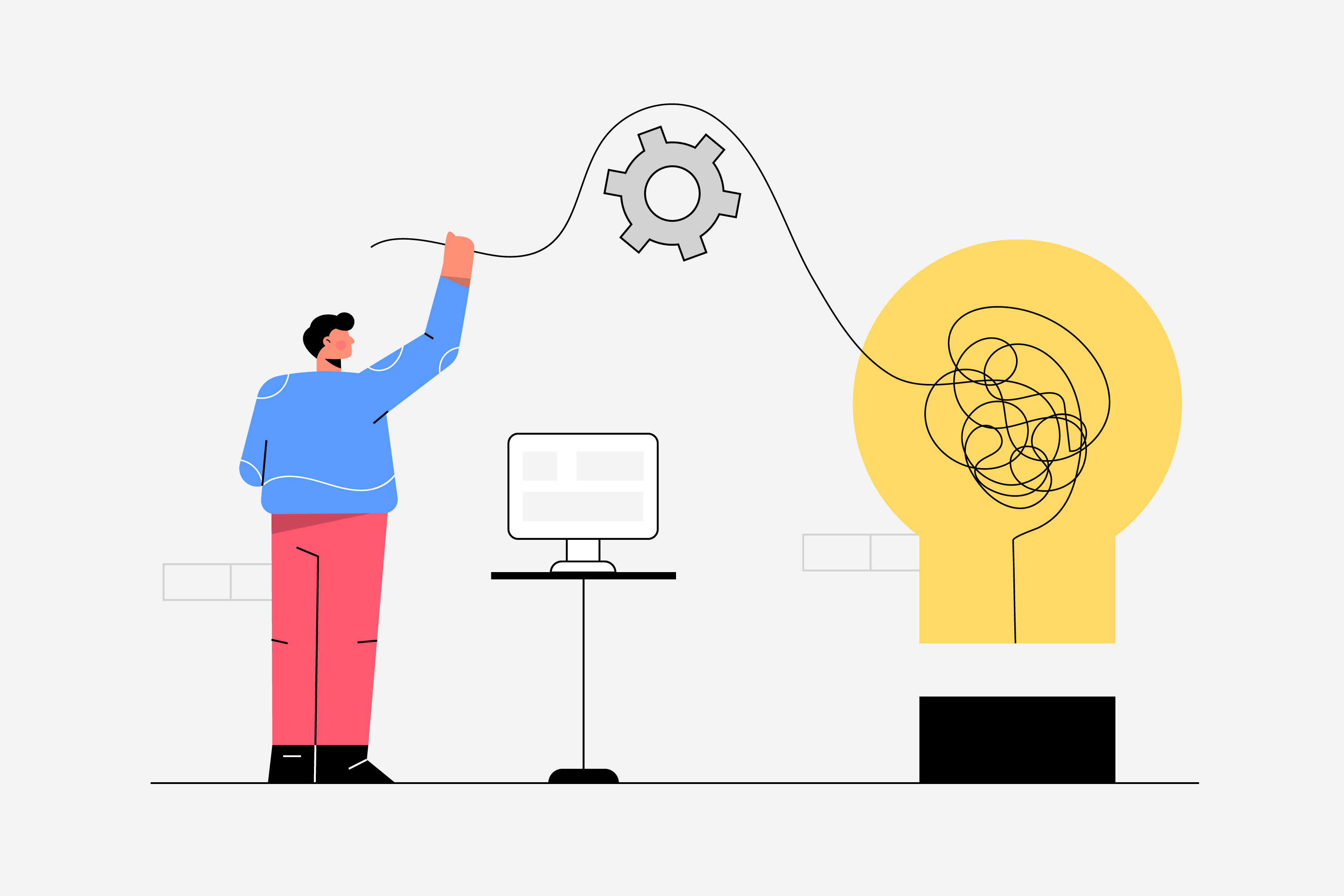Knowledge vs. Experience; Exploring the Distinction

We all have knowledge and experience, and maybe we have the challenge of Knowledge vs. Experience. But what’s the difference between the two? Is knowledge just a collection of facts we learn, or is it something that has to be experienced to really understand? In this blog post, I’ll explore the distinction between knowledge and experience and explain why it’s important to have both.
Introduction to Knowledge vs. Experience
Knowledge and experience are two words that are often used interchangeably, but they actually have very different meanings. Knowledge is defined as information acquired through study or experience. Experience, on the other hand, is defined as firsthand involvement in or observation of an event.
The distinction between knowledge and experience is important to understand because they both have their own unique benefits and drawbacks. A person who has knowledge but no experience may be unable to apply what they’ve learned in a practical way, while a person with experience but no knowledge may find themselves at a disadvantage when faced with a new situation. Continue the article to have a better idea of Knowledge vs. Experience.
Defining Knowledge
Knowledge is a collection of facts, ideas, and skills acquired through study or experience. It can be acquired through formal education, such as attending school or taking classes, or it can be acquired through informal learning, such as reading books or talking to people with experience.
Knowledge can also be gained through observation and experimentation. For example, a scientist may gain knowledge by observing the behavior of an animal in its natural habitat, or a chef may gain knowledge by experimenting with different ingredients and techniques.
Knowledge is typically organized into categories and fields of expertise. For example, a person may have knowledge of history, mathematics, science, or art. This type of knowledge is often referred to as “book knowledge” due to its reliance on books, classes, and other sources of information.
Defining Experience
Experience is defined as firsthand involvement in or observation of an event. It is often gained through trial and error, as well as through observation of others. For example, a person may gain experience by working in a particular field or by observing how other people approach a problem.
Experience also involves learning from mistakes and successes. A person with experience may be able to recognize patterns and anticipate outcomes better than someone without experience.
Experience is often seen as more valuable than knowledge due to its ability to be applied in real-world situations. For example, a person with experience in a particular field may be able to recognize potential opportunities or problems more quickly than someone without experience.
The Difference Between Knowledge and Experience
Knowledge and experience are two different things. Knowledge is a collection of facts, ideas, and skills acquired through study or experience, while experience is firsthand involvement in or observation of an event.
Knowledge is typically acquired through formal education, such as attending school or taking classes, while experience is often gained through trial and error and observation of others. Knowledge is often organized into categories and fields of expertise, while experience involves learning from mistakes and successes.
The main difference between knowledge and experience is the ability to be applied. Knowledge is often seen as more theoretical and is often unable to be immediately applied in real-world situations. Experience, on the other hand, is seen as more practical and can be applied in situations more quickly.
How Knowledge and Experience Work Together
Knowledge and experience work together to create a well-rounded understanding of a topic or situation. Knowledge provides the theoretical foundation and provides an understanding of the fundamentals, while experience provides the practical application of the knowledge.
For example, a person with knowledge of computers may be able to understand how they work and how to use them, but without experience, they may be unable to troubleshoot problems or use the computers in a practical way. On the other hand, a person with experience in computers may be able to troubleshoot problems and use the computers in a practical way, but without knowledge, they may not fully understand how the computers work or how to use them in more complex scenarios.
The Benefits of Gaining Knowledge and Experience
Gaining knowledge and experience has a multitude of benefits. Knowledge provides the theoretical foundation and gives a person a better understanding of the fundamentals, while experience provides the practical application of the knowledge.
Knowledge and experience also help to create better problem-solving skills. A person with knowledge and experience is better able to identify patterns and anticipate outcomes, which can help them to make better decisions in difficult situations.
In addition, knowledge and experience can help a person to develop better communication skills. A person with knowledge and experience is better able to explain complex concepts in a way that others can understand.
The Challenges of Applying Knowledge and Experience
Gaining knowledge and experience can be a challenging process. It takes a lot of time, effort, and dedication to acquire knowledge and experience, and it can be difficult to stay motivated.
In addition, knowledge and experience can be difficult to apply in real-world situations. Knowledge is often seen as more theoretical and is often unable to be immediately applied in real-world situations. Experience, on the other hand, is seen as more practical, but it can still be difficult to apply in certain situations.
Finally, knowledge and experience can be difficult to share with others. It can be difficult to explain complex concepts in a way that others can understand, and it can be challenging to teach others what you have learned.
Examples of the Distinction Between Knowledge and Experience
One example of the distinction between knowledge and experience is the difference between reading a book and writing a book. Reading a book provides knowledge, while writing a book provides experience.
Another example is the difference between playing a game and designing a game. Playing a game provides experience, while designing a game provides knowledge.
Finally, a third example is the difference between studying a language and speaking a language. Studying a language provides knowledge, while speaking a language provides experience.
Strategies for Gaining Knowledge and Experience
Gaining knowledge and experience can be a challenging process, but there are a few strategies that can help.
One strategy is to start small. Start with something that you are familiar with and slowly build on that knowledge and experience.
Another strategy is to find a mentor. A mentor can provide guidance and support as you gain knowledge and experience.
Finally, it’s important to be patient and persistent. Gaining knowledge and experience takes time, and it can be easy to get discouraged. It’s important to stay focused and motivated, and to remember that the effort will pay off in the end.
Conclusion
In conclusion, it’s important to understand the distinction between knowledge and experience. Knowledge is a collection of facts, ideas, and skills acquired through study or experience, while experience is firsthand involvement in or observation of an event.
Gaining knowledge and experience has a multitude of benefits, but it can be a challenging process. It’s important to start small, find a mentor, and be patient and persistent.
By understanding knowledge vs. experience, and by applying the strategies outlined in this blog post, you’ll be able to gain more knowledge and experience and become a more well-rounded individual.
So, are you ready to start exploring the distinction between knowledge and experience?

